Speaker
Description
Photon counting computed tomography (PC-CT) is a novel technology with the potential to dramatically change clinical CT. PC-CT provides energy-resolved CT images with a high contrast-to-noise ratio (CNR) because it can discriminate individual incoming X-ray photons. However, the PC-CT image quality limitation due to image reconstruction in a narrow energy band is a problem that needs to be solved. At present, semiconductor-based PC-CT systems have been widely developed; however, the numerous readout channels with complex rear circuits make these semiconductor-based PC-CT systems complicated. Thus, we developed a novel PC-CT system comprising high-speed scintillators coupled with multipixel photon counters (MPPCs). An MPPC-based PC-CT is a simple system owing to its high internal gain and rapid temporal response. In this study, machine-learning models were applied to PC-CT images to improve image quality. As a result, the CNR of PC-CT images was improved, which led to material decomposition for ultra-low-concentration contrast agents and gold nanoparticles. Moreover, to further demonstrate the performance of MPPC-based PC-CT, we challenged the acquisition of high-resolution PC-CT images, which play important roles in the diagnosis. Finally, using the energy information of contrast agents, we demonstrated that noninvasive internal plant imaging can be performed. These results are promising for the advancement of MPPC-based PC-CT.




